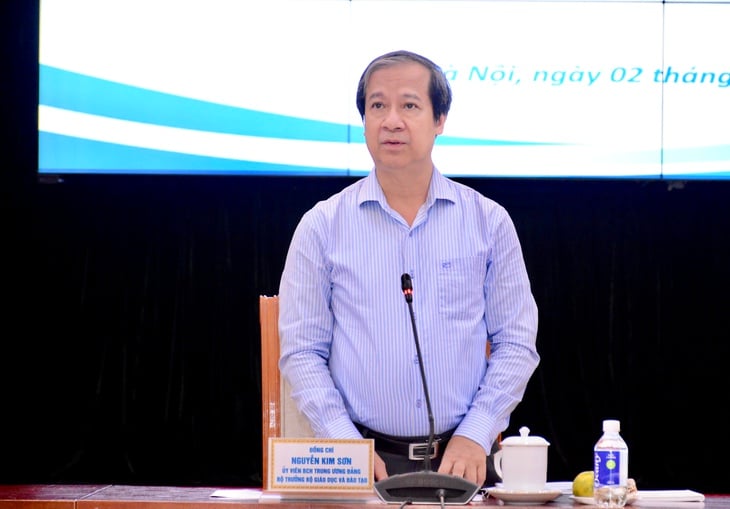
Minister Nguyen Kim Son suggested focusing on supporting education officials at the commune level - Photo: Ministry of Education and Training
There is a shortage of commune-level officials with expertise and experience in education.
Fifty percent of commune-level administrative units lack leaders or officials who previously worked in the education sector, resulting in a shortage of commune-level officials with in-depth knowledge of education management. This information is from a report by the Ministry of Education and Training following the implementation of the two-tiered government system.
According to current guidelines, each commune -level cultural and social affairs department is allocated a maximum of two staff members responsible for education and training. Therefore, with 3,321 communes, wards, and special zones after the reorganization of the two-tiered government apparatus, over 6,000 officials will be needed.
However, according to the Department of Teachers and Educational Management Staff (Ministry of Education and Training), the current assignment and placement of staff at the commune-level People's Committees is not in line with job positions and staffing quotas.
Specifically, many new cultural and social affairs departments have only been able to assign one staff member. A quick survey of 1,000 civil servants assigned to work in cultural and social affairs departments responsible for education and training revealed that 303 of them had previously worked in education and training departments.
There are 395 people with professional training in the field of pedagogy. The rest are trained in other fields or disciplines. Many also lack experience in education.
Statistics provided by the Ministry of Education and Training indicate that approximately 50% of communes lack leaders or officials who previously worked in the education sector to oversee and manage state affairs in the field of education. In some localities, only 20% or nearly 30% of commune-level education officials have expertise or experience in the education sector.
The Ministry of Education and Training stated that surveys conducted in localities and feedback on the shortcomings and confusion in the operation of commune-level authorities regarding education recently indicate that without timely adjustments and additions, the direction, guidance, and evaluation of professional educational activities risk becoming impossible.
In some localities, initiatives have been made to establish specialized zones or clusters encompassing multiple communes, directly managed by the Department of Education and Training, to ensure smooth professional guidance, but many difficulties and shortcomings still exist.
An education official, burdened with an excessive workload.
Lack of time and resources to carry out assigned tasks is another difficulty after the administrative restructuring. In Lang Son, in some places, a single official from the commune-level culture and social affairs department is now doing work that was previously handled by a team of 8 civil servants and about 20 key officials from the education and training department.
Another socio-cultural department in Lang Son is now responsible for advising on state management in areas that previously belonged to six district-level units, including education, health, culture, internal affairs, ethnic affairs, and religion.
At the seminar, several leaders of the commune-level culture and social affairs departments also stated that they are currently handling work in multiple fields. The situation where officials without experience in education are tasked with educational responsibilities is not uncommon.
Ms. Nguyen Dieu Binh, a cultural and social affairs specialist in Lang Ward (Hanoi), said that although she used to be an education department official, she only oversaw preschool education. Currently, she has to oversee primary and secondary education, which is very challenging because she hasn't had time to grasp the situation of all three levels of education.
The pressure from the overwhelming workload has left many officials feeling overwhelmed and confused. During the seminar, several officials also shared that many issues in educational activities require more specific guidance documents or adjustments to current regulations to suit the new situation.
"Human resources and the quality of staff are two issues we are concerned about and must find solutions to address," said Mr. Tran The Cuong, Director of the Hanoi Department of Education and Training, at the seminar.
Mr. Cuong stated that Hanoi currently has 126 communes and wards. There are 347 commune-level civil servants, but only 212 of them have teaching degrees. Furthermore, among those with teaching degrees, many previously specialized in only one educational level and now have to handle multiple levels with different characteristics.
An opportunity to adjust and operate better.
Listening to the various opinions and concerns expressed, the leaders of the Ministry of Education and Training acknowledged that implementing a two-tiered government model has the advantage of increasing unity, focus, and timeliness in professional guidance. This is also an opportunity to optimize the administrative apparatus and resources, streamline intermediate structures, reduce administrative costs, and increase operational efficiency.
During the discussion, Minister Nguyen Kim Son stated that initial difficulties are inevitable during the reform process, but a pessimistic view should be avoided. Finding solutions to overcome these difficulties should be based on the principle of reorganizing the education system to operate more effectively than before, rather than simply focusing on immediate challenges.
Regarding the Ministry of Education and Training, Mr. Kim Son stated that they are implementing a plan to inspect and monitor the implementation through various channels. Listening to opinions at the seminar is also a way to understand the situation and develop action programs within the ministry's authority.
"Supporting education officials at the commune level is a key and urgent task in the coming period," Mr. Kim Son emphasized.
Source: https://tuoitre.vn/bo-truong-nguyen-kim-son-tap-trung-toi-da-ho-tro-can-bo-giao-duc-cap-xa-20250802193709899.htm








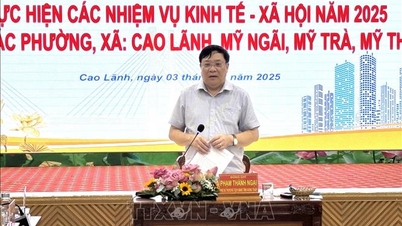



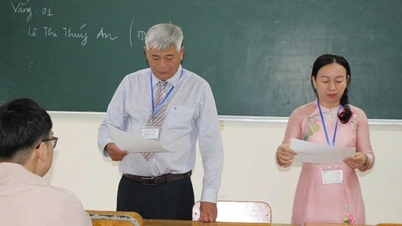
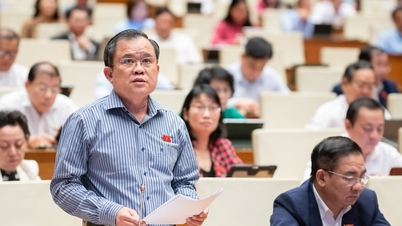

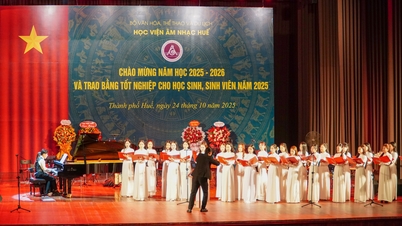

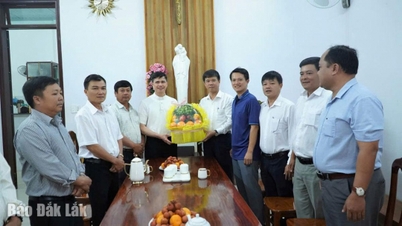


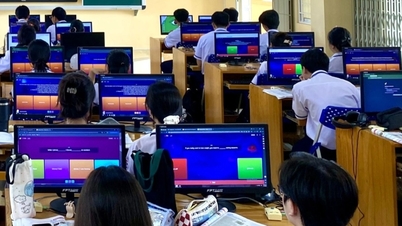



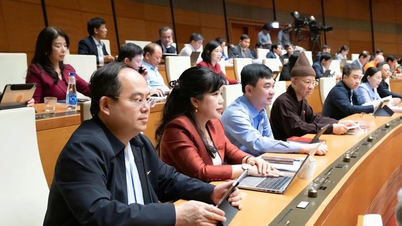

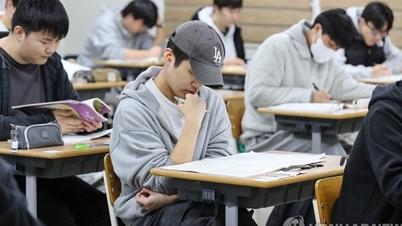











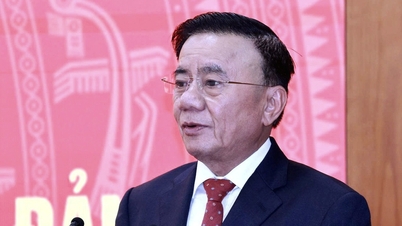
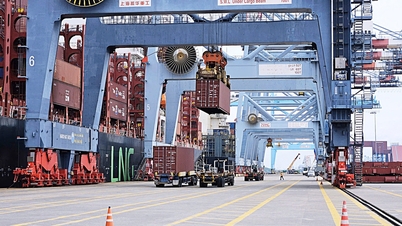





![[Video] The craft of making Dong Ho folk paintings has been inscribed by UNESCO on the List of Crafts in Need of Urgent Safeguarding.](https://vphoto.vietnam.vn/thumb/402x226/vietnam/resource/IMAGE/2025/12/10/1765350246533_tranh-dong-ho-734-jpg.webp)






























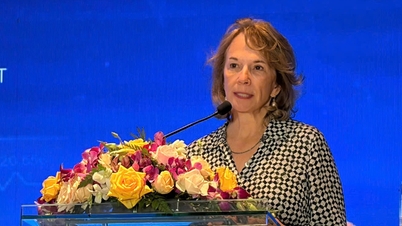







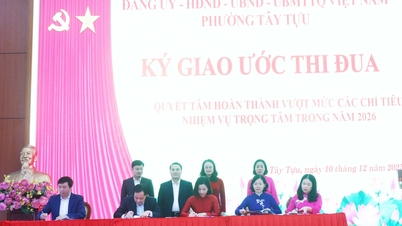
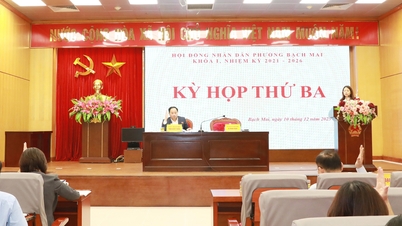
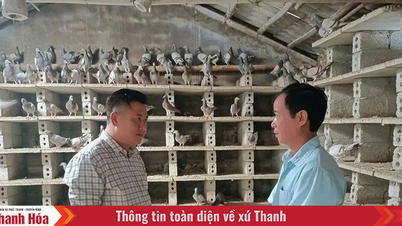

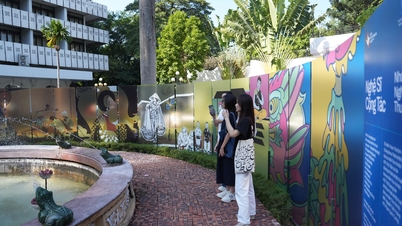

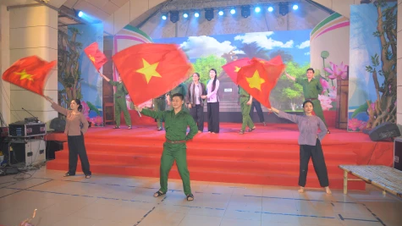




















Comment (0)